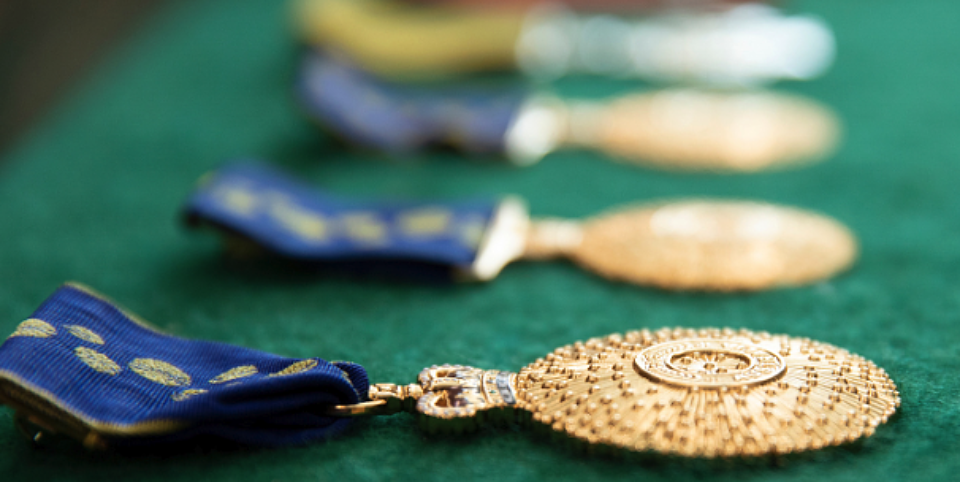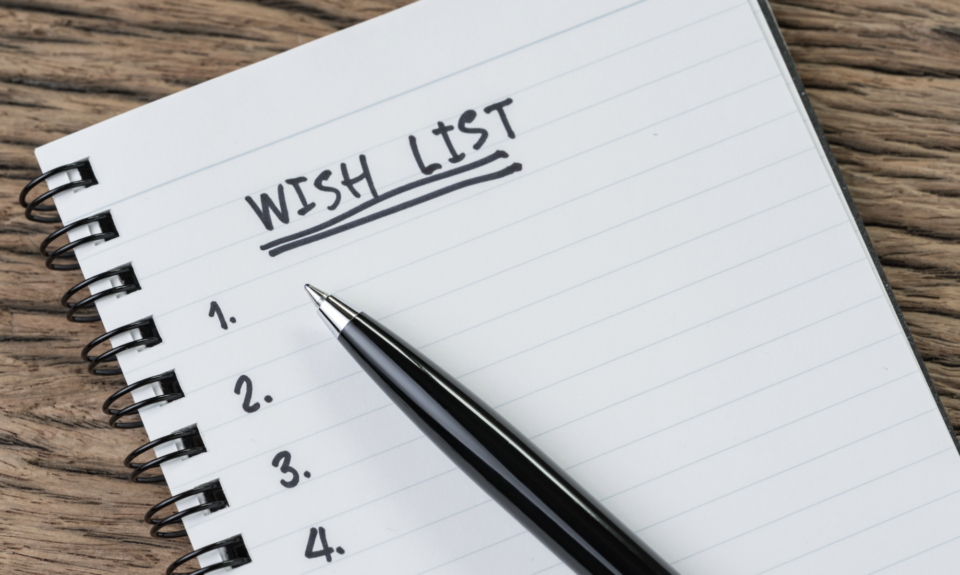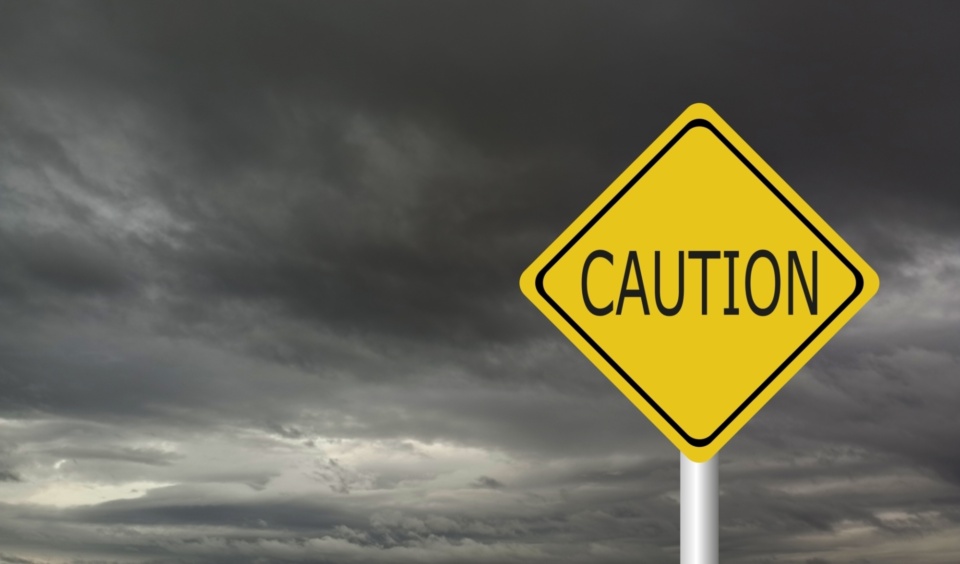
Attention governments: There’s more to giving out grants than handing over the money
Posted on 18 Feb 2026
Around 50 per cent of all funding for charities in Australia comes from government. The nature of…
Posted on 23 Apr 2025
By David Crosbie

Rather than falling for superficial narratives that highlight “what’s in it for me”, we can and should be focused on the kind of Australia we want to live in, writes Community Council for Australia CEO David Crosbie.
There’s a lot going on in the world – elections in Canada, Australia and now the Vatican City; a reckless administration in the US creating uncertainty; ongoing killing of innocent people in Gaza and Ukraine and Sudan; natural disasters occurring with increasing regularity; and growing numbers of climate and political refugees.
These big events seem foreign is so many ways, as we muddle around in what seems an almost superficial election campaign.
This week the Opposition leader is seeking to play to his strong suit of being tough on crime – even though crime is substantially a states and territories issue.
This follows the first weeks of the election campaign where we had duelling attempts to put a little extra money in the pockets of “Australian families doing it tough”, which is apparently all of us – in fact, the Coalition’s proposed petrol tax reductions benefit the rich more than the poor.
At the same time, neither major party is talking about any increase in support payments for those Australians we know are actually doing it tough. (NB Canberra public servants apparently have no families and are not doing it tough, so their jobs are expendable).
Into this messy public discourse CCA launched the Australia We Want report outlining some stark findings about our nation.
The fundamental idea behind the report is that Australia is not just 25 million individual economic units who collectively contribute to and make up the Australian economy. We are more than the money we earn or spend, and success in life is about more than a bank balance.
The 60 charity leaders who first came together a decade ago and identified the values and measures they thought mattered most in building a better Australia wanted us all to think about who we are as individuals, families, communities and a nation.
They aspired to realise an Australia that is just, fair, safe, equal of opportunity, inclusive, confident, creative, courageous, authentic, united, optimistic, kind, generous and compassionate. And they helped identify measures that tell us if as a society we are going toward or away from enacting these values.
The report’s findings will be covered in other areas of the Community Advocate, but beyond the findings, it’s important to point out why the measures of values matter so much to charities and community organisations.
"So much of the work of charities and community organisations is about building connections, providing support, making people feel valued and creating opportunities."
If we look at just one of the findings – the rate at which we lock up our own citizens – it’s clear why such measures matter. Australia’s incarceration rates are shocking: twice the rate of Canada and most European countries, five times the rate of Japan.
More than 80 per cent of our prisoners haven’t completed Year 12, more than 30 per cent have a drug and alcohol or mental health problem, over 30 per cent are Indigenous and almost 40 per cent have a disability. Most have been abused and suffered significant trauma.
When we talk about incarceration rates, we aren’t really talking about crime (less than 25 per cent of our prisoners have committed crimes involving violence), but system failures including lack of adequate support to charities and NFPs.

Prisons are very expensive – more so than most other interventions. And yet Australia incarcerates thousands of people who desperately need drug and alcohol treatment or other health interventions and support.
Australia fails to properly follow up young people identified as being at risk of harm and offers almost no support to young people who are no longer able to stay at school. The lack of housing for those on very low incomes is an indictment in a country of our wealth.
Our inability to address intergenerational disadvantage, particularly in Indigenous communities, and provide effective culturally safe alternatives to prison, represents an ongoing failure of genuine political will rather than capacity.
So much of the work of charities and community organisations is about building connections, providing support, making people feel valued and creating opportunities. Prisons are structured and managed to deliver the exact opposite of these outcomes.
Investments in known crime-prevention interventions are tokenistic and piecemeal, yet governments seem happy to blow millions of dollars in building and sustaining increasing numbers of prison beds. We keep failing the intelligence test – it’s not as though there aren’t good models in other countries where they don’t need to lock up so many of their own citizens.
The kind of Australia I would like to live in makes substantive and sustained investments in crime prevention and improved productivity by ensuring adequate education and health systems, and underwriting charities and community organisations so they can more effectively support people falling through these systems.
While some in the media attempt to turn the election into a shallow popularity contest grounded in seven-second grabs about “what’s in it for me”, we can and should be focused on the kind of Australia we want to live in.
Hopefully the Australia We Want report can play a small part in shifting the public discourse about what is important to Australians.
David Crosbie has been CEO of the Community Council for Australia for the past decade and has spent more than a quarter of a century leading significant not-for-profit organisations, including the Mental Health Council of Australia, the Alcohol and Other Drugs Council of Australia, and Odyssey House Victoria.

Posted on 18 Feb 2026
Around 50 per cent of all funding for charities in Australia comes from government. The nature of…

Posted on 18 Feb 2026
You wouldn’t try to fix a complex system with one tool. You’d widen the toolkit, improve the…

Posted on 17 Feb 2026
This is the full academic version of Dr Oksana King's thoughts on the need to better compensate and…

Posted on 11 Feb 2026
Opinions polls insist Pauline Hanson's fortunes are on the rise, but it is likely that enthusiasm…

Posted on 04 Feb 2026
As we move into 2026, I can’t help but think the world is wobbling a little.

Posted on 28 Jan 2026
The 2026 Australia Day Honours list delivered a sobering reality check. After reaching gender…

Posted on 28 Jan 2026
This year’s Adelaide Writers’ Week began with the cancellation of a talk by Palestinian-Australian…

Posted on 16 Dec 2025
As Australia prepares to welcome its one millionth refugee, human rights advocate and former…

Posted on 10 Dec 2025
What a year 2025 has been, particularly at a national level where the Parliament and politics as we…

Posted on 26 Nov 2025
Charities and not-for-profits can be outstanding advocates for their cause, their community, their…

Posted on 12 Nov 2025
Managing a charity or not-for-profit in Australia is often more complex than it may appear. On any…

Posted on 29 Oct 2025
One of the most contentious debates across many areas of human services is the for-profit versus…